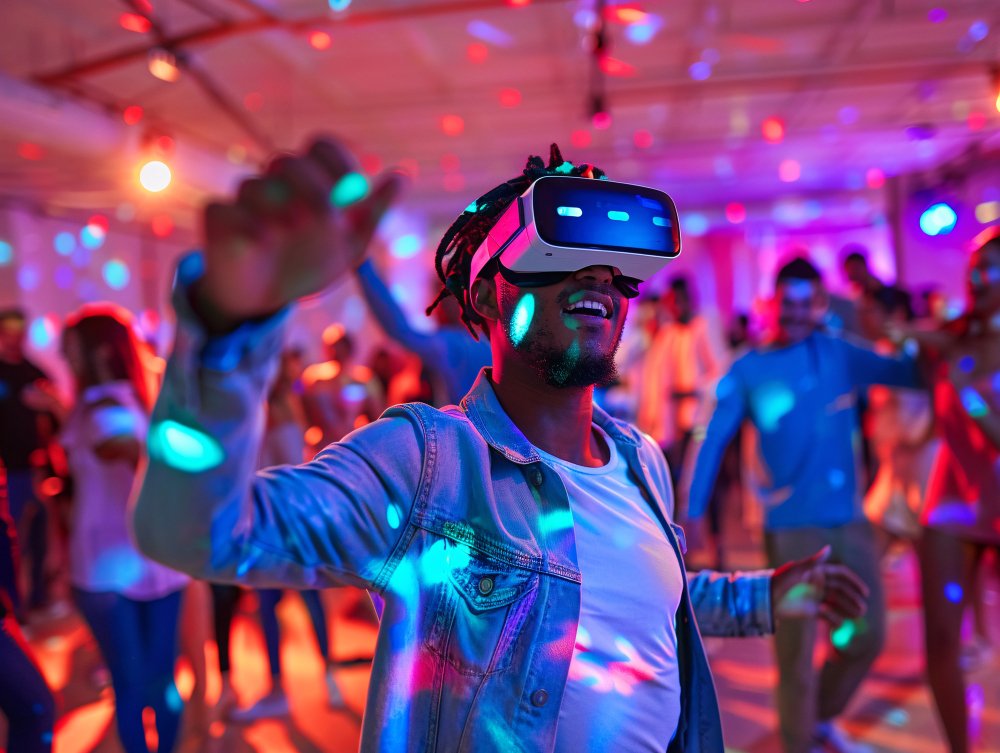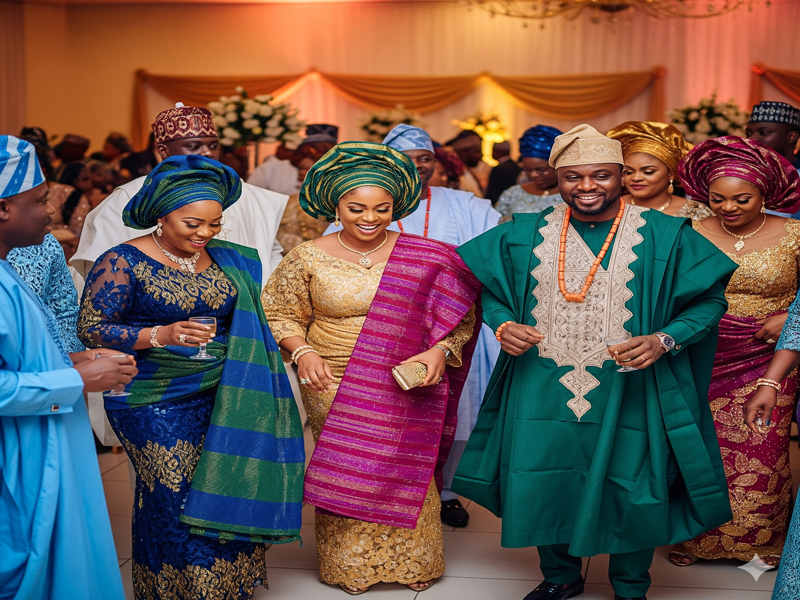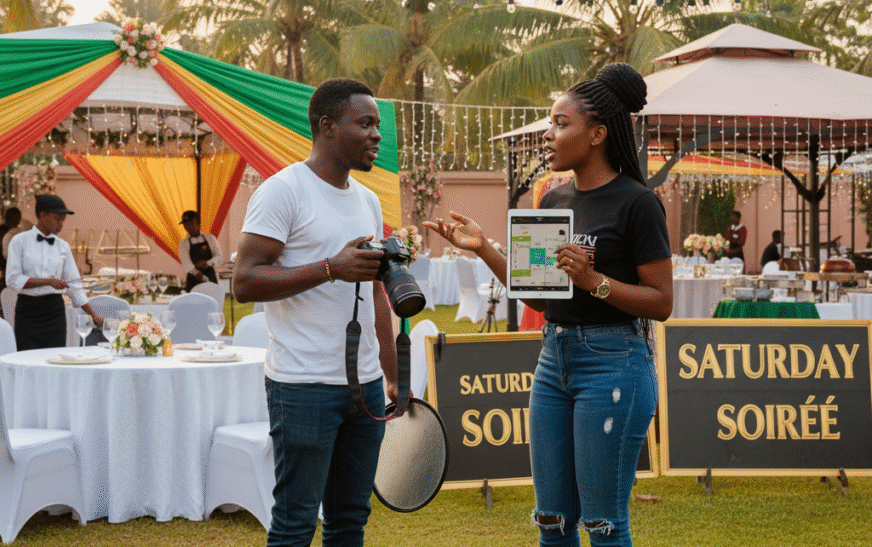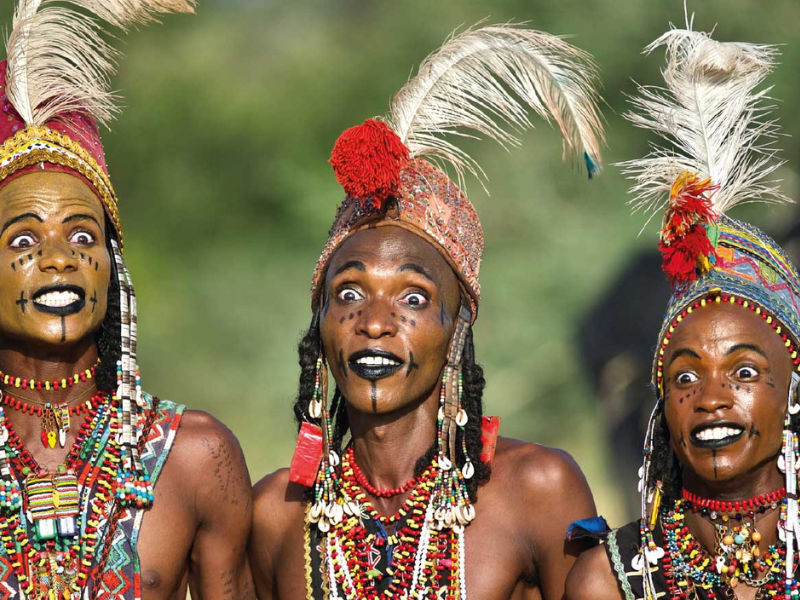The Nigerian event planners and the Nigerian industry are one of the most vibrant in Africa. PwC’s recent publication on Africa Entertainment and Media Outlook for 2025-2029 reveals that in spite of Nigeria’s macroeconomic challenges, the entertainment sector, which also includes the event industry, experienced a growth of 11.2%, followed by Kenya and South Africa with 7.1% and 6.2%, respectively.
However, balancing this feat with the current global event management system, where event management and planning have become highly data- and technologically driven and experience-focused, Nigerian event planners are still behind; hence, they need to urgently upgrade their processes, tools and even their mindset and, more importantly, own our data.
At the end of this article, we should have been able to establish the critical areas where Nigerian event planners and/or professionals will need an urgent upgrade in 2026 to compete favourably with their counterparts around the globe. To be able to compete with the rest of the world and at the same time remain unique, Nigerian event planners must be seen as strategic professionals with the right experience and tools, combined and executed successfully with our culture.
Before we consider the five critical factors that Nigerian event planners must upgrade urgently, let’s take a brief look at the current realities in this sector. It may help to set a vivid understanding as we proceed.
So, let’s begin.
Current Reality in Nigeria’s event Industry
Let us do a little introspection about the current status or the current reality of the Nigerian event industry. Please feel free to express any objection by dropping your comments in the comment section.
Although the industry is booming, it lacks standards for entry qualifications. Quite a number of people jump into planning events because they see that others are making some profit from it. Consequently, there are so many inconsistencies in standards, unhealthy competition and rancour. They are not driven by passion or any sense of enterprise. There is a lack of a structured and process-driven planning system in place that can ensure progress or result tracking.
Another reality that must be considered here is the issue of Data driven processes. Some Nigerian event planners don’t see the essence of data-driven processes in their schemes and still rely heavily on the old ways of doing things, such as depending on intuition or copy-pasting without knowing why a particular process variant was adopted in the first place. Which is why they are not able to interpret certain behaviours presented by their audiences, thereby initiating corresponding responses that will provide solutions to those demands and also help to design the best engaging format for their next event.
Furthermore, a holistic approach to the adoption of relevant tech tools is still a challenge. Many Nigerian event planners are yet to start adopting the new culture of event management which is being adopted globally; they remain at the level of traditional methods of engagement alone and social media promotion alone. However, there are more tech tools out there that make event planning seamless and more engaging and, at the same time, provide enhanced attendee experiences and better results backed with appropriate data for more enlightened decision-making.
The 5 Critical Areas to Upgrade Urgently
Having looked at the current state of the Nigerian event planning and management ecosystem briefly, we now have a fair understanding of the critical areas where we need to upgrade urgently in 2026, to meet up with global standards.
1. Industry Structure and Professionalism.
There is an urgent need for many Nigerian event planners and managers to upgrade in order to operate professionally and meet up with global standards in 2026. One way is to stop leaning only on their experiences, believing that since they have planned and executed events without any form of disaster, that’s all there is to it. This mentality is archaic and will retrogress further if not reconsidered. There is a need for continuous learning that is deliberately targeted towards upgrading processes and tools for professional execution of projects. and in line with global best practices.
In addition, standardisation in the industry in Nigeria is more needed than ever before. There is an urgent need for the design of a unifying process that facilitates industry-wide agreement in executing event planning and management procedures. This may involve the formulation of guidelines, policies and specifications to ensure consistency at all levels, discipline and protection and inclusion. Standardisation will further promote healthy competition and a level playing field and ensure that compensation is proportional.
2. Data-Driven planning & Post-Event Analysis.
Today, the intelligence of the event professional is ‘Data’, hence the importance of data to an event manager cannot be overemphasised. Nigerian event planners can track or obtain essential data such as engagement levels, attendee patterns and behaviours and satisfaction levels. A data-driven event planner or manager is more efficient and ten times wiser than his or her contemporaries who are not using data. They are better placed to take more informed decisions for their next event.
This is as a result of the post-event analysis they carry out by simply analysing the data they had generated from their last event. They can turn them into goldmines by using them to increase engagement, predict turnout of attendees, adjust event budgets, improve productivity, direct event promotions accurately and even repurpose event objectives.
3. Holistic Adoption of Relevant Technology and Tools.
No doubt the use of digital tools is rapidly on the rise, especially by Nigerian event planners. However, its results are limited because it lacks integration with other technological and digital tools that can help to reduce workloads, enhance convenience and efficiency, even increase security and improve the overall experiences of the attendees. Invariably, WhatsApp and Google forms have been noticed to be predominantly used by many professionals in Nigeria without integrating them with
Many modern event professionals around the globe make use of tools and technology such as Automated project management systems, Event apps, hybrid and virtual event platforms, live polling systems, QR codes for check-ins and other security applications.
4. Storytelling Shaped Experiences & Creative Innovations.
African tradition has been intertwined in storytelling, so storytelling is not a new thing; however, psychology has revolutionised it and then deployed it to engage people’s interest and emotions in order to create memory retention amongst attendees. In addition, storytelling experiences promote a sense of community and belonging so that attendees can follow or appreciate the core messages and objectives without difficulties.
Nigerian event planners must now engage with creative innovations for fresh experiences for attendees. In contrast, Nigerian event professionals keep repeating the same concepts that consequently bore attendees with grave diminishing returns. There is a need to upgrade our creative innovations so that our innovation and creatives do not end at aesthetics alone. Rather tell stories that sync brands and cultures with the emotions of the audiences.
5. Create a Healthy Balance Between Modernity and Culture.
Over the years Nigerian event professionals have been good ambassadors of our culture. But there is a need to further this course, because some professionals, in an attempt to embrace modernity, discard some of our cultural practices that speak to our unique identity. For example, the use of virtual reality or Augmented reality in our event can be channelled towards amplifying and reviving our culture rather than having it overshadowed with other content that may not immediately benefit it.
In essence, while we try to bring fresh experiences and upgrade to meet with global standards, Nigerian event professionals must integrate our cultures with modernity and create strategies that bring cultural custodians, scholars and technology into a collaborative hub to present a balanced event experience at all times. Much more than showcasing modernity, it will help to sustain our culture and our identity as Africans and especially Nigerians, the most populous black nation on earth.
In conclusion, attaining the global standard for event planning and management in 2026 is very possible for the members of the Nigerian event ecosystem as long as they can follow these critical factors sanctimoniously.










